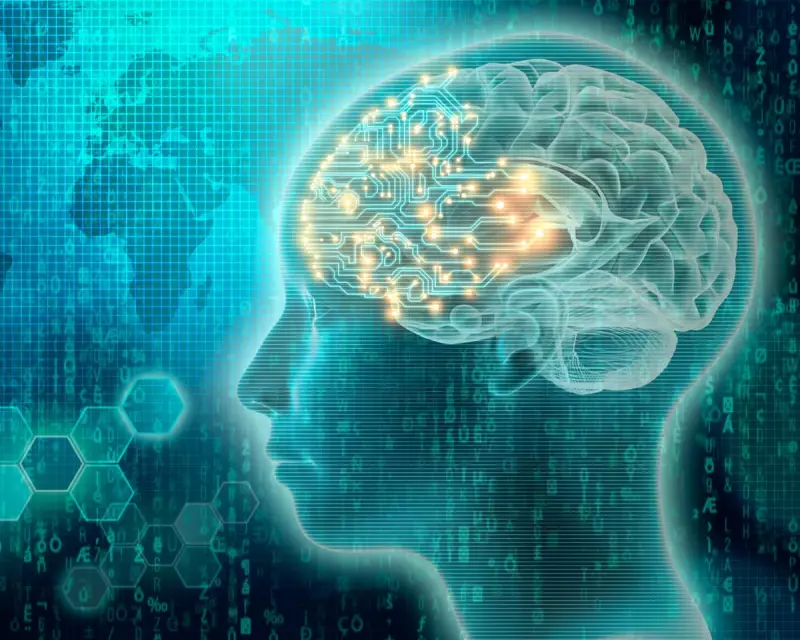
In a historic move that could shape the future of human-machine interaction, UNESCO has adopted the first-ever global ethical standards for neurotechnology. The decision comes as the field experiences explosive growth, raising urgent questions about mental privacy and human rights protection.
The 'Wild West' of Brain Technology
Neurotechnology, which involves devices and systems that monitor, record, or influence brain activity, has been described as operating in a regulatory 'wild west'. From commercial headsets that track focus to advanced medical implants, these technologies can access our most intimate data – our thoughts, emotions, and neural patterns.
What the New Framework Protects
The comprehensive guidelines establish crucial safeguards including:
- Mental privacy protection: Preventing unauthorized access to neural data
- Consent requirements: Ensuring informed consent for brain data collection
- Human agency preservation: Protecting against manipulation through neurotechnology
- Equity guarantees: Preventing discrimination based on neural information
Why This Matters Now
With the neurotechnology market projected to reach $20 billion by 2025, and companies rapidly developing consumer-grade brain-computer interfaces, the timing of these standards is critical. UNESCO Director-General highlighted that while neurotech offers tremendous potential for treating neurological disorders, it also presents unprecedented ethical challenges.
The framework represents a global consensus among 193 countries, establishing that "the human brain must be protected from potential misuse of neurotechnology" and that neural data should be recognized as requiring special protection distinct from other personal data.
The Path Forward
While not legally binding, these standards provide a crucial foundation for national legislation and corporate responsibility. They mark a significant step toward ensuring that as we advance technologically, we don't sacrifice the very essence of what makes us human – our private thoughts and free will.





